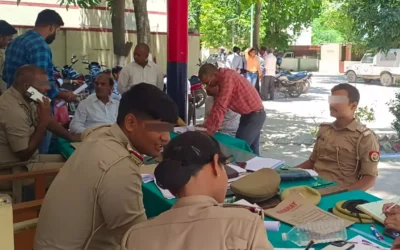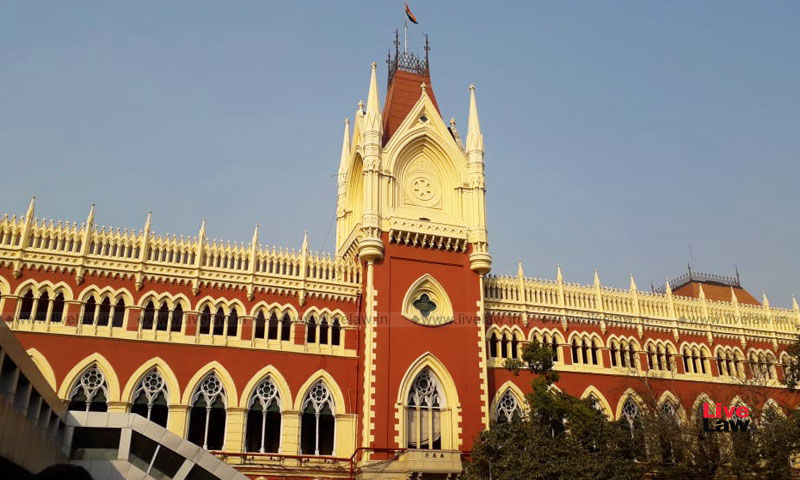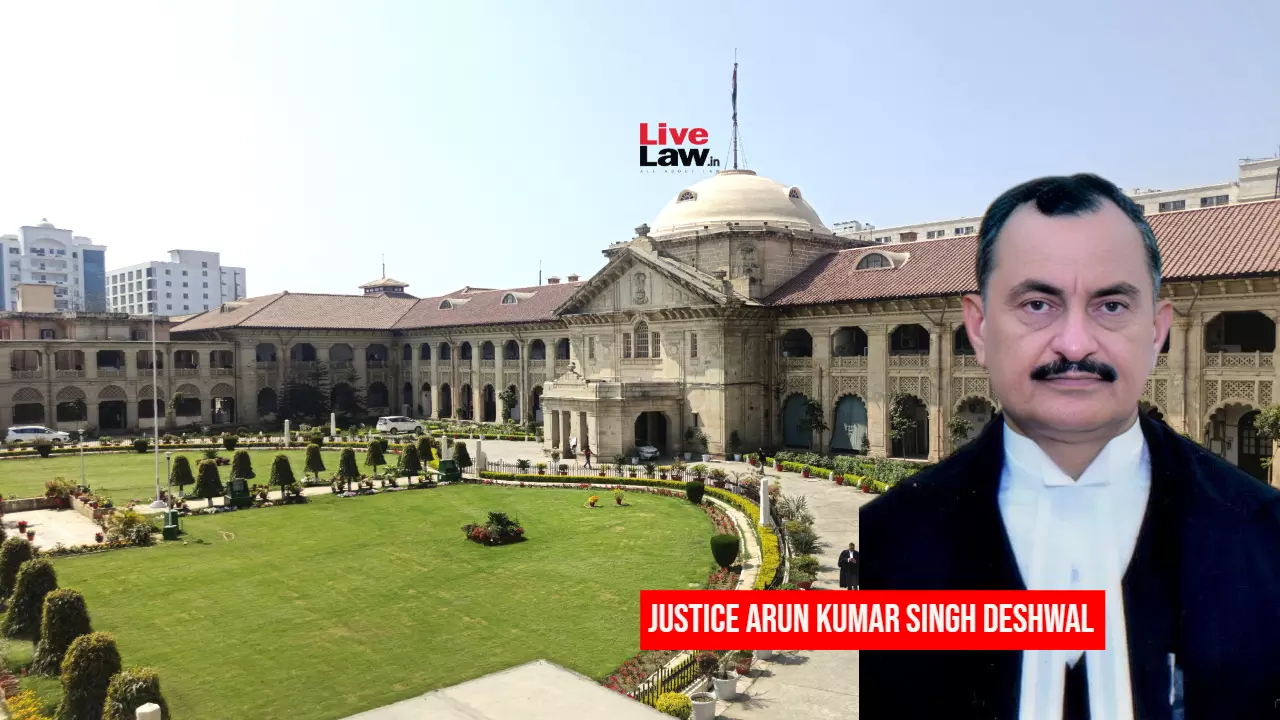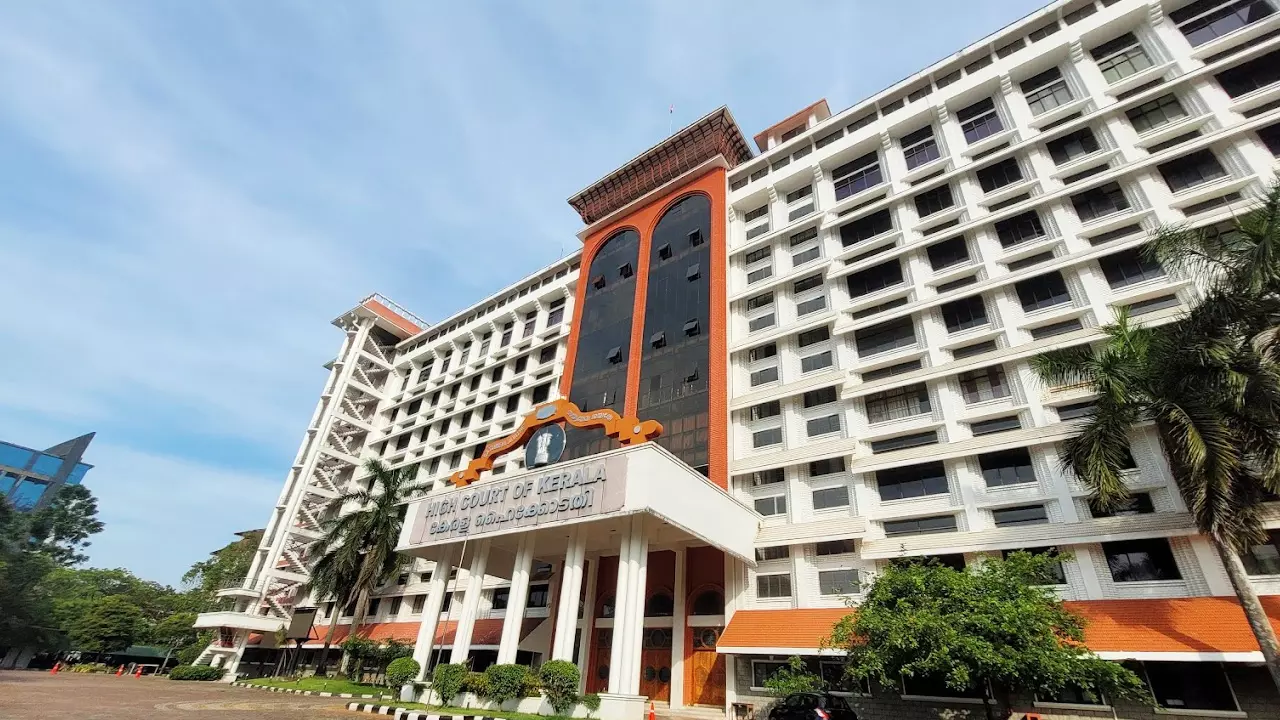Transgender Woman In Heterosexual Marriage Can File Complaint Against Husband, In-Laws U/S 498A IPC: Andhra Pradesh High Court
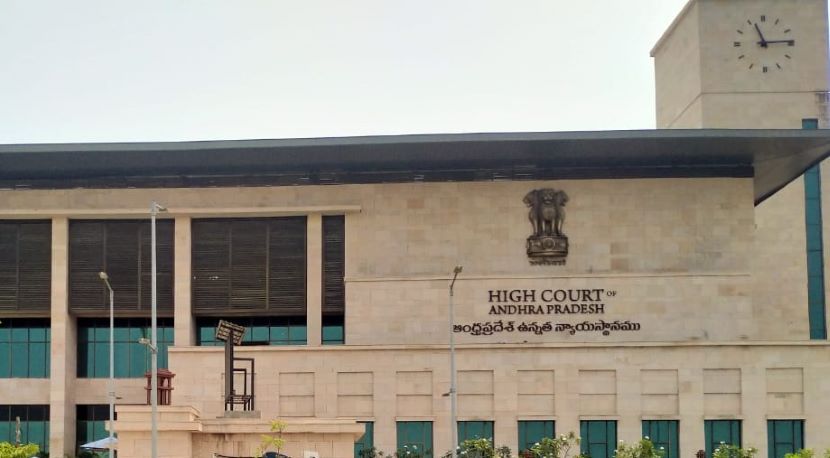

The Andhra Pradesh High Court has held that a transgender woman in heterosexual marriage can file a complaint against her husband and in-laws under Section 498A of the Indian Penal Code.
Justice Venkata Jyothirmai Pratapa empahsized that a transgender woman, identifying as a female and living in a marital relationship with a man, cannot be excluded from the protection of laws meant to safeguard women from dowry-related harassment and cruelty.
“A transwoman in a heterosexual relationship, cannot be deprived of her right to lodge a complaint against her husband or the relatives of her husband,” it observed.
The development comes in a petition preferred by the husband, seeking quashing of complaint filed against him and her parents by the wife, a transwoman, under Section 498-A IPC and Section 4 of the Dowry Prohibition Act, 1961.
She claimed that Petitioner, being fully aware of her transgender identity, married her in accordance with Hindu customs. She alleged that her family provided a dowry comprising INR 1,00,000 in cash, 25 sovereigns of gold, 500 grams of silver, and household items worth INR 2,00,000.
She further alleged that the husband, after some time of marriage, left her and subsequently, she started receiving threatening and obscene messages from the husband’s phone. She alleged that her in-laws were responsible for orchestrating these actions.
The petitioner, represented by Advocate Thandava Yogesh, contended that a transgender woman could not be classified as a ‘woman’ under Section 498-A IPC. They relied on Supreme Court’s decision in Supriyo @ Supriya Chankraborty & another v. Union of India (2023) to argue that family law protections did not extend to transgender individuals.
However, Assistant Public Prosecutor K. Priyanka Lakshmi argued that the complaint contained serious allegations that warranted a trial and that the case should not be dismissed at a preliminary stage.
The Court thus proceeded to examine the provisions surrounding the rights of transgender persons. Referring to the Supreme Court judgment in the case of National Legal Services Authority v. Union of India, the bench reaffirmed that gender identity is distinct from the sex assigned at birth and that transgender individuals have the right to self-identify their gender.
“To deny a trans woman the status of a ‘woman’ for the purpose of legal protection under Section 498-A IPC solely on the ground of her reproductive capacity is to perpetuate discrimination and to violate Articles 14, 15, and 21 of the Constitution. Such a contention, therefore, deserves to be rejected at the outset“, the court stated.
Examining the Transgender Persons (Protection of Rights) Act, the court noted that the act legally recognised self-perceived gender identity without requiring medical or surgical intervention.
The court also referred to a judgment of the Madras High Court, which affirmed that the term ‘bride’ under the Hindu Marriage Act includes transgender women. The bench also reiterated that transgender persons could seek relief under the Domestic Violence Act.
In the present case, the Court accepted a medical certificate identifying the wife as a transgender woman and rejected the husband’s submissions regarding the status of transgender individual as a ‘woman’. It reaffirmed that the right to dignity, identity and equality under the Constitution extend to all persons regardless of their gender identity. It observed,
“The argument of the learned counsel for the Petitioner that the Respondent No.2, being a trans woman, cannot be regarded as a ‘woman’ merely because she is incapable of biological reproduction, is deeply flawed and legally impermissible. Such a narrow view of womanhood with reproduction undermines the very spirit of the Constitution, which upholds dignity, identity, and equality for all individuals, irrespective of gender identity“.
However, upon examining the substance of the complaint, the Court found that it lacked a specific allegation of cruelty or dowry demands against the Petitioners. The bench noted that the statements were general, vague and uncorroborated by concrete evidence.
“Except bald and omnibus allegations against Petitioners, no prima facie case is made out. All the allegations are either vague or general in nature. Therefore, continuation of the impugned proceedings against the Petitioners/Accused Nos.1 to 4 is nothing but an abuse of process“, the bench emphasized.
Thus, the case was quashed.
For Petitioners: Advocate Thandava Yogesh
For State: Assistant Public Prosecutor K. Priyanka Lakshmi
Case Title: VISWANATHAN KRISHNA MURTHY v STATE OF ANDHRA PRADESH (Criminal Petition No.6783/2022)

